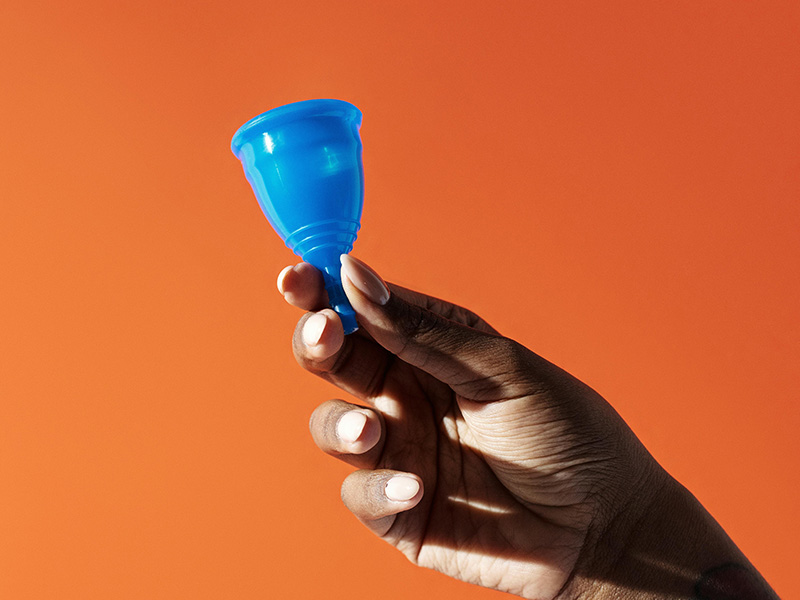
Early struggles deter young people from using menstrual cups: study finds

Many young people are turning to menstrual cups as a reliable, safe, affordable, and environmentally friendly option for managing their menstruation needs.
But new research from Burnet Institute found early negative experiences can be distressing and deter continued use.
The study involved an online survey of 530 people aged 15-24 living in Australia who had ever tried using a menstrual cup.
During their first cycle using a menstrual cup, 54% of participants reported leakage and 25% reported pain or discomfort while the cup was in place.
Twenty-nine percent of people abandoned using a menstrual cup after trying it, and out of that group nearly half (40%) stopped after just one cycle. Of those who discontinued using a menstrual cup, 69% said they stopped because of discomfort and leakage.
Burnet senior research fellow Dr Julie Hennegan is the lead author of Menstrual cup acceptability and functionality in real-world use: a cross-sectional survey of young people in Australia published in The Australian and New Zealand Journal of Obstetrics and Gynaecology.
She said no previous studies had examined how menstrual cups performed in real-world settings.
“Initial challenges are more common than what is reported in clinical trials,” she said.
“Forty-five percent of people couldn’t remove their cup on the first attempt, 17% needed help to remove it, and 12 participants reported that their intra-uterine device (IUD) was displaced during removal.”
Dr Hennegan said the figures decreased with subsequent use.
“Half of those who persisted, felt confident using their menstrual cup after three cycles,” she said.
Many participants reported having insufficient information on how to use a menstrual cup, highlighting the need for better menstruation health education for young people.
“Most young people in our study didn’t know that menstrual cups came in different sizes and shapes to suit different needs,” Dr Hennegan said.
“Comprehensive menstrual health education should start in our schools, empowering young people with the knowledge to make informed choices about their bodies.
”With the right education and support, more people could make choices they’re comfortable with, because everyone deserves access to menstrual products that work for them.”




